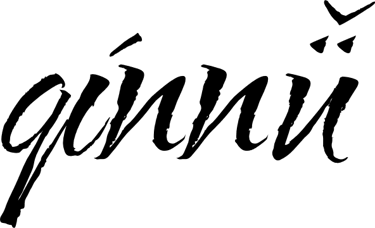
Learning Chinese
This is about my learning methods and what's helped me make progress the most. Trigger warning: body dysmorphia and eating disorders.
Kelly Jones 蔡亹平
1/6/20253 min read


After four years learning Chinese (simplified), and after 2024, an especially difficult year in terms of health, here are my thoughts reflecting on what's helped me make the most progress in my language development.
APPs: The Duolingo Chinese (simplified) course was a great way to start. I've used Pleco, Skritter, DuChinese, Audible, SBS Audio, Chinese Grammar [underlining the ones I still use], Chineasy, Tandem, WeChat, and others that I can't remember now. On Tandem I met my language buddy whom I met last year in 杭州 Hangzhou, and that mutual learning relationship has been really important.
Vocabulary websites / dictionaries: Pleco, archchinese.com, hsklevel.com and especially Hackchinese (more on this...).
Self-help learning groups: A group I found on Duolingo was a great way to dive in, with very encouraging peers, but I found it quite intimidating as most of the learners were more advanced than me. I've discovered I'm very competitive (childhood trauma stuff) and prefer to learn alone and then surprise people with my super-powers, rather than struggle publicly with confusion and then be vulnerable to criticism or laughter (which has happened). My language buddy from Hangzhou was sensitive as well, so with a lot of courtesy and kindness, we've encouraged each other over the past couple of years' weekly Zoom chats.
Courses / language schools: LTL Flexiclasses, studying a Diploma in Modern Languages at The University of New England in Australia, and participating in LingoInn's homestay with a teacher in China. As part of the latter, I was able to take guqin 古琴 lessons, and I hope to do so again. Next year, I am hoping to undertake an in-country learning unit that is offered through my uni. This year, I'm doing cross-institutional study, taking Chinese units at other Australian universities within a new Bachelor of Music degree (started in 2023) to fulfil my electives quota.
Writing: My units at university always required me to learn to write, including closed-book exams where themed essays had to be written within a time limit. I think writing is a very important part of learning Chinese because 书法 calligraphy has important inherent, subtle lessons about meaning and culture; the aesthetics of its balanced strokes are not only about efficiency and ergonomics but are semantically important as well. I invested in paper, brushes, inks, etc. wrote my uni essays in the classical style (vertical lines, right to left), copied classical texts on faintly pre-printed scrolls bought on Temu, and have started learning the running style as I think this will be crucial to fluency in modern Chinese.
Dramas and movies: I've watched countless cdramas on Youtube, Netflix, iQiyi, MangoTV and clips on Instagram, Facebook and Wechat. This style of binge immersion not only educates me about Chinese culture, history, environment, geography, social interactions, lifestyles, economics and all sorts of things, but of course it's a language ocean with lots of idioms, accents, and what is appropriate in social contexts. I must say that such an immersion has had one specific negative effect. Cdramas are saturated in non-feminist, body dysmorphic trends. The following is not an isolated case, since leading actors are typically very slim. In the Cdrama "Go Ahead", an actress unashamedly announces her biostats in an audition for an acting role: 1.68m and 48kg. N.B. >50kg is considered fat for women, even at taller than average heights like hers. The BMI calculator is not perfect, but it's a guide, and a BMI calculator for Asians says she is underweight, at 17.0. For Asians, the minimum healthy range starts at 18.5. I'm half-Chinese, so not 100%, but when my adult BMI dropped to 20, my periods stopped. Because of this amennorhea, I developed osteoporosis equivalent to an 80 year old woman since no periods means no estrogen and no estrogen means bone calcium is lost. I am still borderline osteopaenic and have to take calcium tablets, 30 years later. I would really like to know what percentage of Chinese women don't have periods at all.
Reading / Books: I've recently gone a bit crazy about reading and have stacks of new books to get through! My language buddy and I have now moved into a Book Club phase, where we discuss our new book, do reviews, and recommend books for each other to read.
